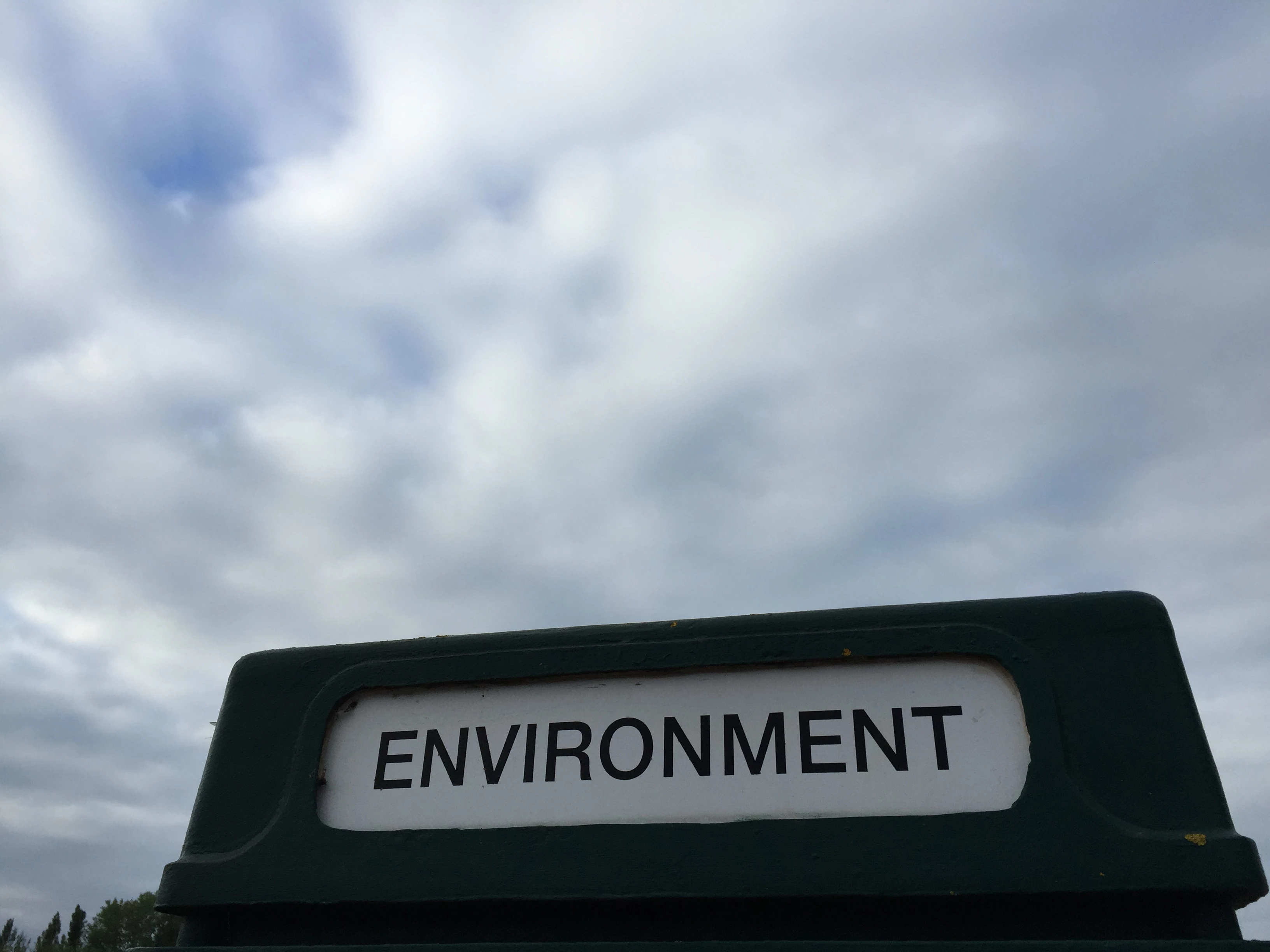
Member Article
The new Environment Act will place increasing expectations on the ‘E’ in ESG
More than two years after it was introduced, the UK Government’s Environment Bill is now law: the first Environment Act in 30 years to complete its passage through Parliament.
The Environment Act 2021 brings with it new environmental standards designed to improve air and water quality, tackle waste, increase recycling, and improve the UK’s natural environment.
The passing of the Bill follows the recent COP26 Climate Conference in Glasgow. It coincides with growing scrutiny and expectations of good ESG (Environmental, Social, Governance) practice – the three key standards increasingly used to measure the sustainable and ethical impact of a business.
Moving from good intentions to legal requirements
Far from lip service, this huge piece of legislation will underpin the Government’s mission to tackle climate change, protect biodiversity, and halt species decline by 2030.
With the new legislation comes a new watchdog: the Office for Environmental Protection (OEP), which will begin operating independently in 2022. The OEP will hold governmental and public bodies to account for their environmental regulations, with the power to ‘monitor and report on environmental law’.
There are some directives that will impact the waste and resource management sector, with Government describing the legislation as “helping transition to a more circular economy, incentivising people to recycle more, encouraging businesses to create sustainable packaging, making household recycling easier and stopping the export of polluting waste to developing countries.”
Largely seen as a victory among campaigners, the legislation also comes with a series of legally binding environmental improvement targets. Public authorities and businesses should therefore make sure they are aware of the Bill’s aims.
War on waste or waste of time?
Crucially, while much of the media reporting on the Bill has focused on provisions around air quality, biodiversity and sewage, the legislation is wide-ranging. It includes several key changes which could result in new regulations around waste reduction and resource efficiency, namely:
• Processes for managing waste • Waste enforcement and regulation • Producer responsibility obligations, which may include requiring payment towards the costs of disposing of materials and products • Provisions for resource efficiency information and resource efficiency requirements
The Act also amends some of the existing legislation that was in place regarding waste management in areas such as hazardous waste, separation of waste, and suggestions on the establishment of an electronic tracking system.
The message is clear
When it comes to compliance, The Environment Bill will require more than box-ticking. For example, organisations will be required to demonstrate they aren’t contributing to illegal practice through their supply chains. And waste management and resource efficiency issues will be scrutinised in Parliament, as well as by investors, local communities and employees.
It remains to be seen how long it will take for the Government to introduce the more concrete measures needed to meet some of these targets.
But, in the here and now, the emphasis is on turning purpose into progress. Businesses will need to play their part by demonstrating commitment and compliance.
It is also clear that there is a growing expectation for businesses to step up on standards and best practices when it comes to waste management. To supercharge the E in their ESG efforts.
Those that do stand to prosper.
After all, what’s good for the planet is good for the bottom line.
This was posted in Bdaily's Members' News section by Edward Pigg .




 test article 123456789
test article 123456789
 hmcmh89cg45mh98-cg45hm89-
hmcmh89cg45mh98-cg45hm89-
 test456456456456456456
test456456456456456456
 test123123123123123123
test123123123123123123
 test xxxdiosphfjpodskhfiuodsh
test xxxdiosphfjpodskhfiuodsh
 Savour the flavour: North Tyneside Restaurant Week returns for 2024
Savour the flavour: North Tyneside Restaurant Week returns for 2024
 Six steps to finding the right buyer for your business
Six steps to finding the right buyer for your business
 Stephen signs off on a special night
Stephen signs off on a special night
 Life’s a Peachaus: Gillian Ridley Whittle
Life’s a Peachaus: Gillian Ridley Whittle
 Making a splash: Phil Groom
Making a splash: Phil Groom
 Making workplace wellbeing a priority
Making workplace wellbeing a priority
 A record of delivery, a promise of more: Ben Houchen
A record of delivery, a promise of more: Ben Houchen